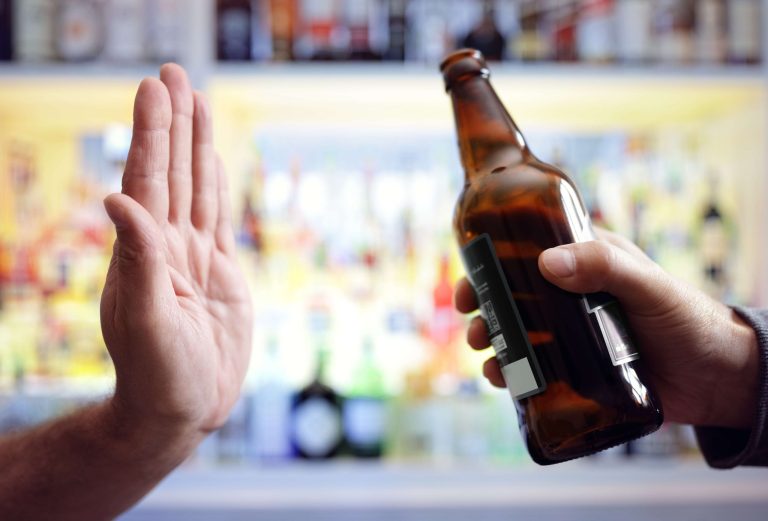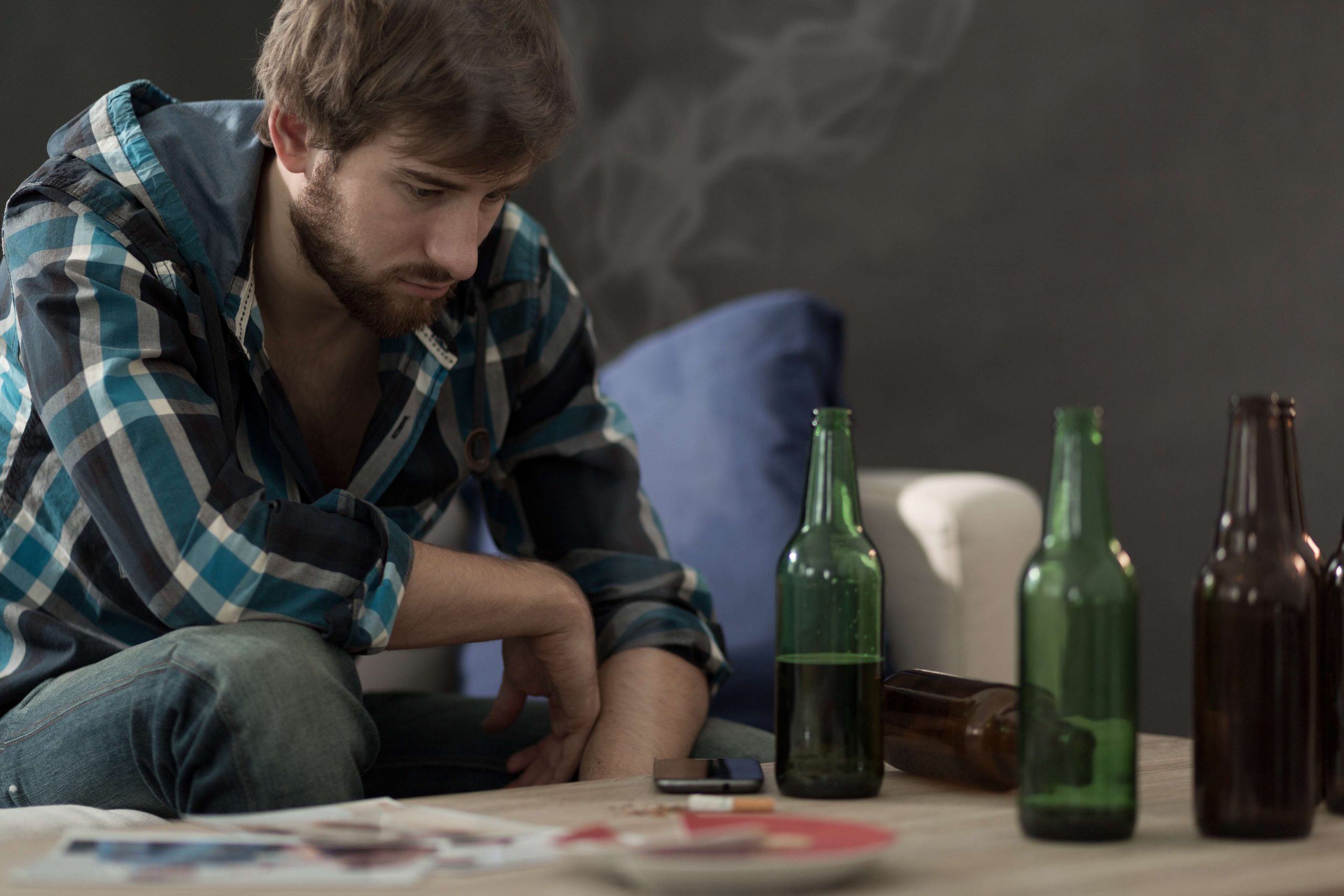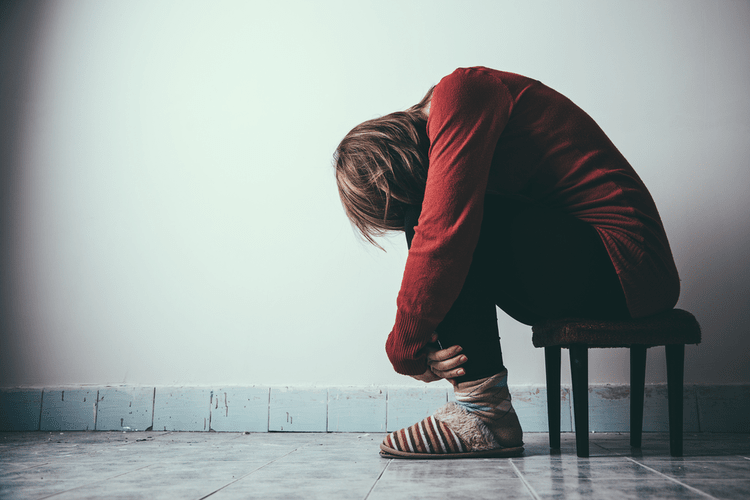However, anxiety for several days may also indicate someone has an anxiety disorder. AUD is a chronic condition that includes a variety of effects on the mind and body. Treatment effectiveness may also be difficult to document due to relapses and treatment challenges. The review authors reported that reducing alcohol intake could improve a person’s self-confidence, physical and mental quality of life, and social functioning. According to a 2017 review of https://gulija.lt/find-a-vivitrol-provider-near-you/ 63 studies, reducing alcohol intake led to improvements in both depression and anxiety.
- In addition, researchers found people who score high on measures of shyness to be particularly susceptible to hangover anxiety.
- This doesn’t mean you have an alcohol problem, but it could be worth thinking about how much you’re drinking and whether it’s affecting your mental health.
- He went on to complete his residency in psychiatry at Harvard South Shore, an affiliate of Harvard Medical School, where he served as Chief Resident and earned his 360° Professionalism award.
- Many individuals report significant improvements in their anxiety symptoms after achieving and maintaining sobriety.
Panic attacks: Signs and coping techniques
It usually causes the body to go into fight-or-flight mode and elicits symptoms like feeling tired, having trouble sleeping or concentrating, and headaches. Awareness of anxiety disorders is essential because they can make you more susceptible to alcohol-induced anxiety. To determine if you are suffering from does alcohol cause anxiety anxiety, take our quick online test.
- Alcohol is a diuretic, meaning it makes you lose water through peeing, so it’s very important to drink plenty of water as well when you’re drinking alcohol.
- Scientists are finding chemical reasons you may experience heightened anxiety the day after drinking.
- An occasional glass of wine or beer might be fine, but it depends on how your brain and body respond to it.
When is it time to seek professional help?
Forty million individuals aged 18 and above in the United States alone, or 18.1% of the United States adult… You may also have very low blood sugar and physical pain from other hangover symptoms the morning after drinking. Those symptoms combine to worsen your anxiety and sometimes leave you feeling guilty, insecure, and flustered. While you are under the effects of alcohol, your anxiety levels may temporarily decrease.
Conditions
- But once you start drinking, you can build a tolerance to the de-stressing effects of alcohol.
- Many of these studies are mentioned in the Schuckit and Hesselbrock review, including the work by Merikangas and colleagues (1985).
- The pressure after the occasional beer or glass of wine can be manageable, but sometimes-serious anxiety attacks after nights of heavy drinking can affect your quality of life.
- It is essential to mention that these symptoms do not only affect people who have an AUD or Alcohol Use Disorder (also known as alcoholism or alcohol dependence).
This means that cutting out alcohol can help – but often further action is required in order to take full control of your condition. While some people are able to drink responsibly and in moderation, others struggle to control their drinking and put themselves at Twelve-step program risk of developing addiction and other physical health concerns. In other words, alcohol is not all bad – but it does have the potential to damage your psychological and/or physical health. Yes, alcohol can increase the likelihood of panic attacks, especially in individuals who are predisposed to anxiety disorders. Long-term alcohol use can cause significant neurochemical changes in the brain. Chronic alcohol consumption can lead to decreased GABA function and increased glutamate activity, resulting in a state of heightened excitability in the central nervous system.

Research has shown that a negative frame of mind will likely get in the way of healthy coping strategies. There may also be a more direct link between alcohol consumption and anxiety. Alcohol links to gamma-aminobutyric acid (GABA) receptors, which are chemicals in your brain. This feeling, known as hangover anxiety or “hangxiety”, affects around 22 percent of social drinkers. It’s also possible for chronic alcohol use to contribute to existing anxiety or lead you to develop an anxiety disorder.

The Science Behind Alcohol’s Impact on Anxiety Disorders
If someone is sick because of a hangover, they might not be able to attend to their responsibilities at home, school, or work—which can, in turn, fuel their anxiety. When someone first has a drink of alcohol, it often has a sedative effect. However, you can make lifestyle changes to help you reduce your anxiety as well as learn to cope with it. It can cheer you up after a rough day or make you feel more sedated.
Better ways to treat and manage panic attacks
Overcoming feelings of anxiety is possible, but sometimes, you need professional support to do it. Seeking guidance from a licensed mental health professional can be crucial to reducing alcohol-induced anxiety. Regular or overuse of alcohol can result in psychological dependence. Some people might come to feel they need alcohol to be able to relax or cope with stress in their lives. The effects of substance abuse can cause increased anxiety, especially if alcohol is suddenly unavailable or if the intake amount is drastically reduced. The term “therapist” can apply to a range of professionals including social workers, mental health counselors, psychologists, professional counselors, marriage and family therapists, and psychoanalysts.

Whereas alcohol abuse may not directly cause OCD, it certainly exacerbates the symptoms. You’re probably noticing a pattern between drinking to relax and increased anxiety. They effectively slow things down, helping you to relax and reduce your anxiety. The problem is that our brain will overcorrect for the depressant effects of alcohol in our system. This is not to paint a hopeless picture but to give you an honest look at the complex relationship between alcohol and anxiety.

